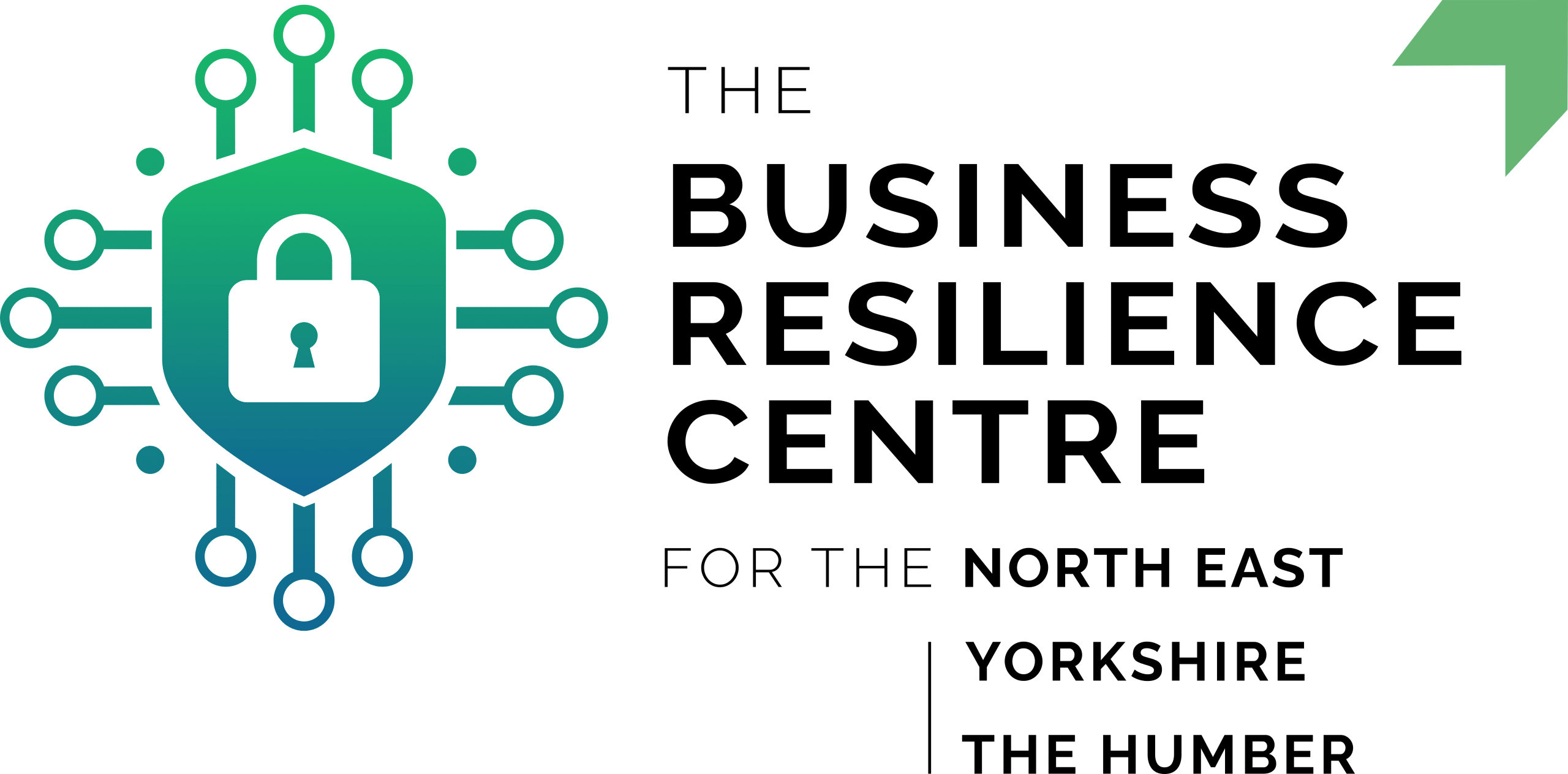Email scams and phishing emails are a common threat to any small business in the modern world of technology. But with the rise in use of AI, it is important to consider the impact this can have on how trustworthy scam emails may come across. So, how do experts predict AI will make email scams seem genuine?
NCSC expects that AI will make scam emails more believable as it will reduce the human inaccuracies that tend to help us identify said emails. It will also allow threat actors to analyse exfiltrated data more efficiently and effectively.
Keep reading to find out more about how AI makes email scams more advanced as well as some common examples of email scams.
How Can AI Make Email Scams More Advanced?
A recent assessment undertaken by NCSC found that AI will almost certainly increase the volume of cyber attacks in the next two years and this involves email scams. There are multiple aspects of email scamming that AI can assist with. Take a read below to find out more.
Victim Interactions:
AI is already making interactions with victims much more believable. From reduced grammatical mistakes and spelling errors (commonly found in amateur email scams) or the creation of invalid certifications to justify their authority, AI is one step ahead. These methods will improve the ability to manipulate people into handing over sensitive information.
Access to Sensitive Information:
AI will also lower the bar for amateur hackers and make it easier for them to access systems whereby they can gather useful information. This will help contribute to the continued threat of ransomware across the globe, blackmailing victims for money or cryptocurrency.
What Are Common Examples of Email Scams?
Now that you are aware of how AI can enhance email scams, it is important that you know the different types that exist so you can protect yourself as much as possible. Keep reading below to educate yourself on the different email scams that exist so you know what to look out for.
| Type of Email Scam | Explanation |
| Phishing | Phishing scams are when an attacker encourages a victim to click a link or open an attachment that goes through to a website where their personal information will be downloaded. On some occasions, victims can also be asked to input the information themselves. These attackers usually pretend to be some kind of authority or trustworthy source which encourages the victim to give their information. Phishing emails can target anyone from individuals or larger businesses and attackers have become increasingly more intelligent with their strategies over the years. For a real life example, take a read of our blog on the BT Phishing Scandal by clicking here. |
| Whaling | Whaling is a more targeted email attack aimed at senior executives in businesses. One aim is to encourage victims to transfer funds and they do this by sharing information about the business and showing a sense of urgency. This type of scam is high risk to any business which is why it is important for you to be aware of common tactics. Recent updates with whaling include the adoption of business terminology, industry knowledge and spoofed email addresses. |
| Spear Phishing | Spear Phishing is a form of email scam targeted at a specific person by putting together an email with personal information that they know will make the victim engage. Personal information or financial documents are often used to grab the victims attention and gain their trust. The goal of spear phishing can be to encourage the transfer of money or gain access to passwords for internal business information. |
How to Prevent Phishing in Your Business?
To help reduce the chances of phishing scams targeting your business, the NCSC recommends following these key steps.
Make it Difficult for Attackers to Reach You
It is very common for attackers to ‘spoof’ employee emails to gain trust. You can employ anti-spoofing controls to make it harder for them to do so. It could also be a good idea to encourage stakeholders you are in regular contact with to do the same.
It is also important to educate your team on what business information is safe to give away and the risk it can have to the business, particularly for high up contacts such as CEOs.
Educate Users on How to Identify and Report Suspected Emails
The next step is to educate your staff on how to identify common phishing emails and report them properly. Making sure people know not to click suspicious links straight away without fully checking the email is imperative. If you require expert advice, you can sign up to our Free Core Membership where you will gain access to free resources to help train your staff on cyber security, including phishing.
Protect Your Business from Undetected Phishing Emails
Phishing emails often contain malware which is hidden in an attachment or link that you are encouraged to click. Therefore, ensuring your business computers are up-to-date and protected with anti-malware software is essential when protecting your business from undetected phishing emails.
It is also important to ensure all accounts are protected with two-factor authentication because it means that a hacker would not be able to access an account with a singular stolen password.
Respond Quickly to Incidents
If however, you do still experience an attack, you want to make sure your employees know how to handle the situation. Ensuring they know how to report an email scam is the first step in this process. It is important to highlight that they may not have access to their usual devices if they have been compromised. The contact details for reporting an email scam can be found below.
- Website: www.actionfraud.police.uk
- Phone: 0300 123 2040
You can also utilise our 24/7 incident response whereby we offer comprehensive guidance and support. We also work with partners such as Action Fraud who can offer 24/7 advice in these scenarios.
Another method of ensuring your team responds to incidents quickly is by installing a security logging system. This will pick up on incidents that your employees may miss.
Cyber Security Support with NEBRC
At NEBRC we recognise the importance of protecting your business from email scams, especially now that AI is making them more advanced. This is why we offer free support to small businesses on cyber security. Sign up to our Free Core Membership today to gain access to resources which can help you educate your team and protect your business from cyber threats.

